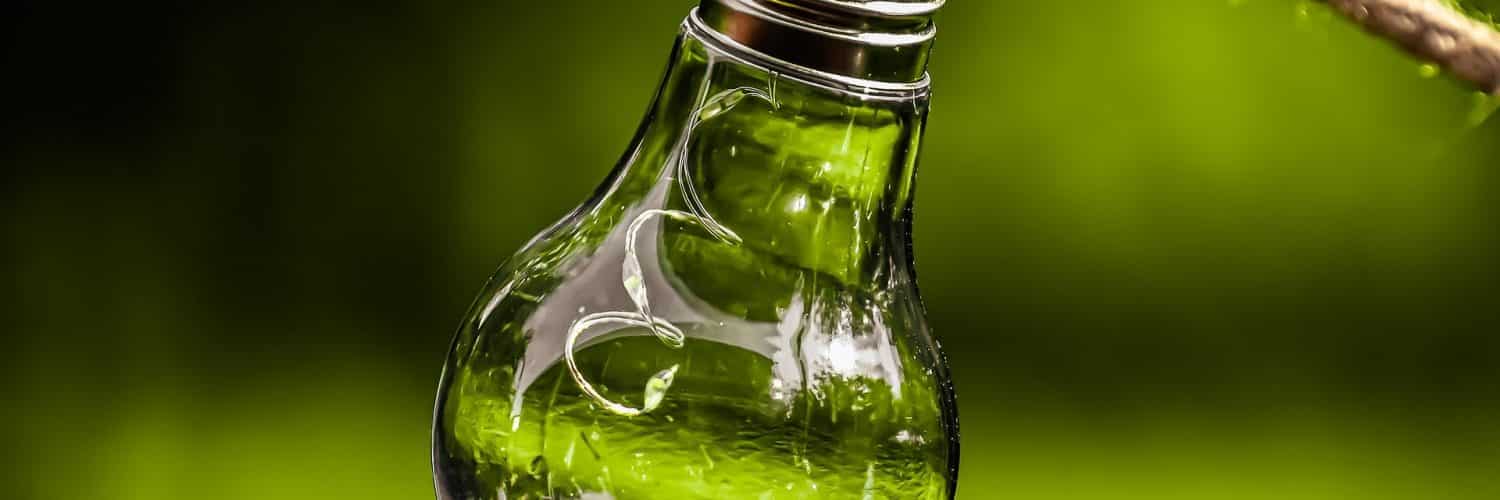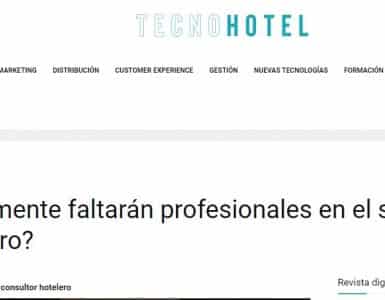We are going through the worst crisis that has hit our industry ever. There is no question to that. It probably will take longer to recover than originally expected. Some hoteliers are not expecting to go back to pre2020 results until 2023. As for airport operators, they are looking more into 2026.
As the current pandemic scenario unfolds, more and more voices are coming up, on many different spheres of the hospitality world, claiming to rethink on how we want the industry to return. That is: once the pandemic ends, do we want to go back to the ever-increasing numbers of tourists? Or a more sustainable approach should be the basis to rebuild the industry? If there has ever been a time to rethink that topic, it’s now. With the hospitality companies and industry on its knees, now we all have, in front of us, a great chance to reconsider the future of the tourism industry.
In any case, this is not a new issue. For many years, over tourism has been a problem in many cities and destinations: Amsterdam, Venice, Barcelona or Iceland have all faced problems with the excess numbers of visitors overflowing their streets and public services.
Airbnb has also been blamed for the gentrification of many city centre neighbourhoods, expelling the real citizens to more affordable areas.
But all these are macro-economics problems, which need councils and governments to get involved. So, let’s be practical and pragmatic. think small for a moment. What can I do now as a hospitality professional to reduce the footprint of the industry? What is there in my hand to help reduce pollution? The answer is “plenty!” Let’s review some down to earth examples:
Paper, contactless hotel keycards: Made from recycled paper, recyclable and designed to be used once if needed (to avoid cross contamination during pandemic), this is a simple step that anyone can take to avoid using the current plastic alternative.
Paper wine bottle: With a carbon footprint 6 times lower than the glass one, and 77% less plastic than the conventional plastic bottle, it can be a great alternative for certain outdoor events and picnics.
Water-saving: low flow toilets, aerated taps and shower heads, they have all been in the market for quite a while. However, many hotels do not apply either of these easy steps, or the also important ones on grounds, garden or swimming pool water-reduction scheme.
Many people in the industry consider the investment too high to make it worth it. Or too much effort. They should know that not all the weight must fall on their shoulders. You can invite your guests to reduce waste, help you recycle, and encourage them to be green. And you can even monetize it! (more info on it here).
Recapping, I would invite you consider at least one of the above. Some will cost nothing. Some will need investment, but have a quick ROI. Most will improve your reputation. And all will help you reduce your footprint.
If all of us working on this industry implemented at least that one little change, by the time the crisis is over we would be coming out of it in a much better position at many different levels.
So, will you give it a try? #turismoRESET #bettertogether #sustainablefuture



























Add comment